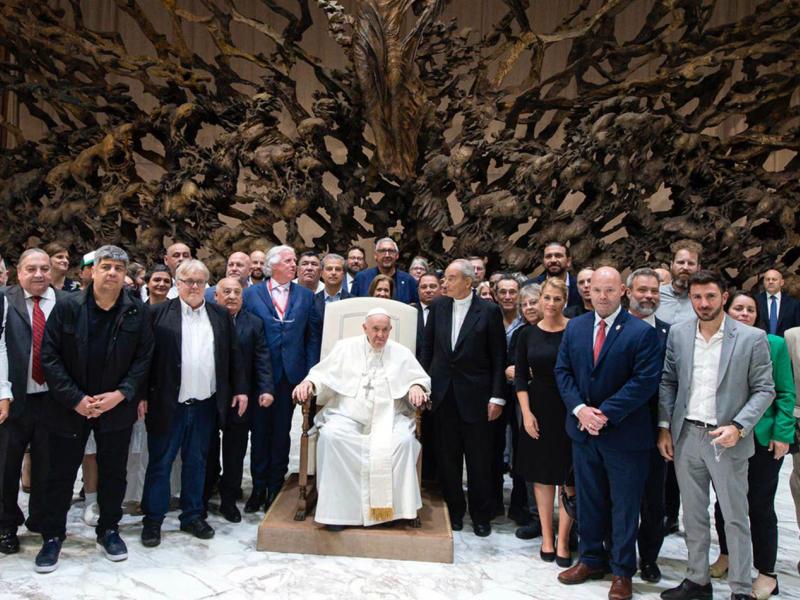And, in a new tactic for the ITF, they have also submitted an amicus curiae (‘friend of the court’) brief to a national court dealing with the matter.
The documents relate to the bitter campaign for the right to freedom of association during the KRWU’s fight against rail privatisation. The Korean Federation of Public Services and Transportation Workers’ Unions (KPTU) and the Korean Confederation of Trade Unions (KCTU), to which the KRWU is affiliated, are also signatories.
The ITF and Korean unions argue that the conduct of Korail and government agencies during and after a KRWU strike in December 2013 exposes failures in South Korean law and policy, for which the government, as a member of the ILO, is responsible. These include the use of replacement workers during a lawful strike and raids on union offices.
The union had followed all necessary procedures for a strike but Korail and the government labelled it illegal. ‘Obstruction of business’ charges were placed against 198 KRWU officers and leaders, and criminal trials are currently underway against 176. The strike ended on 31 December after an agreement was reached with opposition and ruling party national assembly members to form a ‘Subcommittee on the Development of the Rail Industry’. However, it appears that in January 2014 Korail successfully applied to a court for a temporary seizure of the KRWU’s assets up to KRW 11.6 billion (approximately USD 11 million).
KPTU first vice president Jong-in Kim said: "Despite the ILO's urgent intervention ahead of the strike, the government and Korail have persisted with severe repression against the KRWU. With the ITF's continued solidarity and legal assistance we will continue to fight until we stop the rail privatisation plan, which threatens public access and passenger safety."
ITF inland transport secretary Mac Urata added that the situation in Korea fitted entirely with the ITF’s new focus on the right to strike, overwhelmingly agreed at its congress in August, which backs ITF action to defend that right through solidarity and joint action.
Find out more about this dispute.
You can also support the ITF’s right to strike solidarity campaign.
ITF and Korean rail unions submit court and ILO complaints
news
ON THE GROUND
news
Press Release
India commits to compensation for seafarer suicide
The International Transport Workers’ Federation (ITF), Synergy Maritime Group and India’s Directorate General of Shipping (DG Shipping), convened in Mumbai to address the critical issue of seafarer
news
Avi Levy
Avi Levy, Chairman of the Israel Sea Officers’ Union (ISOU), was a pillar of Israel’s shipping industry who fought to protect seafarers’ wellbeing and rights throughout his career – and it is with
news
ITF mourns the passing of Pope Francis, champion of working people and peace
The International Transport Workers’ Federation (ITF) joins working people around the world in mourning the passing of Pope Francis – a courageous voice for justice, dignity, and peace. Pope Francis



